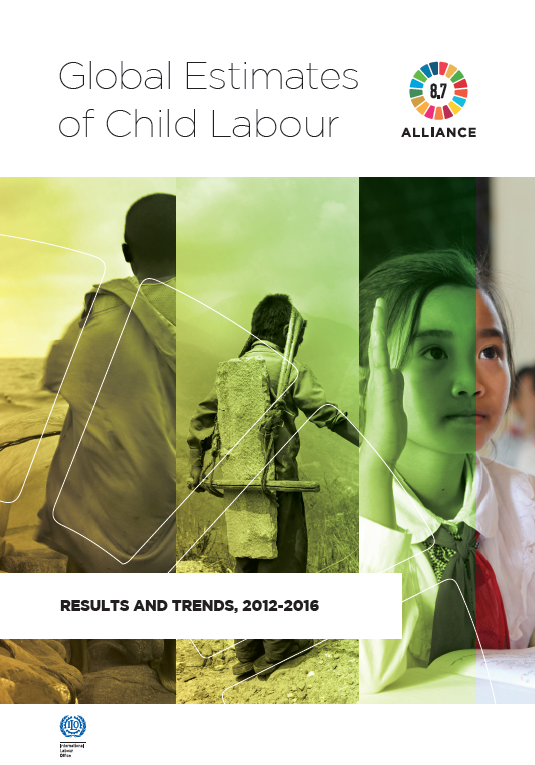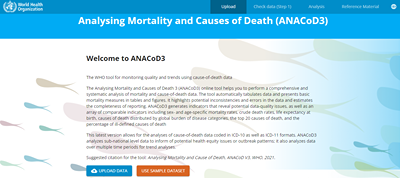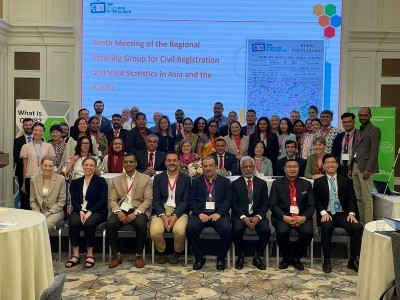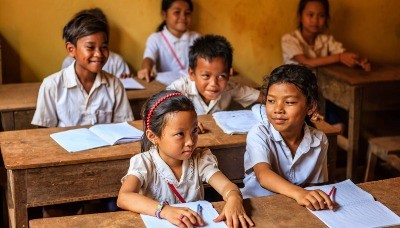On 19 September 2017 in New York, the International Labour Organization launched two seminal reports: Global Estimates for Child Labour: Results and Trends, 2012 – 2016 and Global Estimates of Modern Slavery: Forced Labour and Forced Marriage. Following the multi-year, collaborative research project conducted with Alliance 8.7 Members, the Walk Free Foundation and the International Organization for Migration, the reports reveal what the ILO deems the “true scale of modern slavery around the world”. Notably, the Child Labour report highlights the importance of birth registration, specifically as it pertains to building a policy response to child labour for the road forward.
First, the report emphasizes that, “Free and compulsory education of good quality up to the minimum age for admission to employment is a key tool in ending child labour”, but also notes that the cost to the family is one of the primary barriers preventing educational access for children. In response, the report stresses the need for investment in child education and singles out the link between cash transfers, non-means-tested benefits, and birth registration as a viable method for offsetting “the indirect cost of children’s time in school”.
Second, the report acknowledges poverty, risks, and shocks to the family as the primary drivers behind child labour and says that “social security is critical to mitigating these vulnerabilities”. After emphasizing public employment programmes, health protections, unemployment protections, and basic income security as the basis for a well-designed social security system, the report ultimately concludes that “Birth registration, itself a key human right, is an essential starting point for ensuring coverage in all of these areas”.

More News
Newsletter May 2024 The 3rd version of the tool “Analyzing Mortality and Causes of Death” (ANACoD3…
Newsletter May 2024 The tenth meeting of the Regional Steering Group (RSG) for Civil Registration…
ESCAP, together with Vital Strategies, World Bank, and United Nations Development Programme (UNDP)…
Newsletter April 2024 In 2024, over 70 countries are set to hold elections across the world,…
Newsletter April 2024 In 2022, Lao PDR embarked on conducting a CRVS inequality assessment,…
The first cohort of the CRVS applied research training (CART) initiative has launched with 38…
Newsletter May 2024 As part of ongoing efforts to enhance the CRVS system in the Philippines, the…
Newsletter April 2024 The New South Wales government has started the pilot programme for digital…
ESCAP and United Nations Legal Identity Agenda (UNLIA) are hosting the Asia-Pacific Stats Café…
Nepal's Department of National ID and Civil Registration has started assigning national ID numbers…











